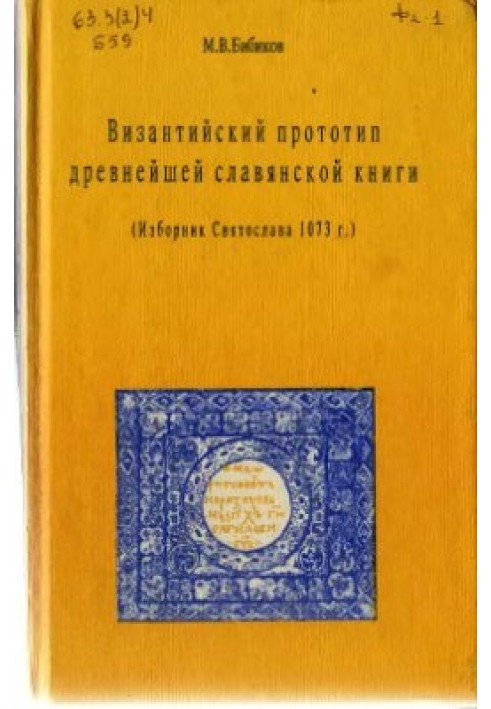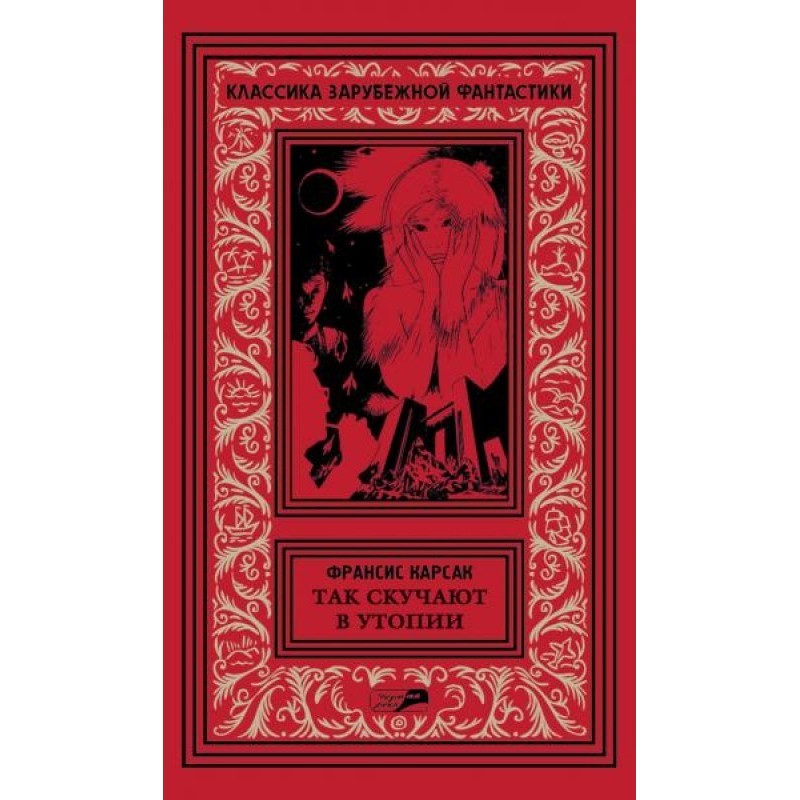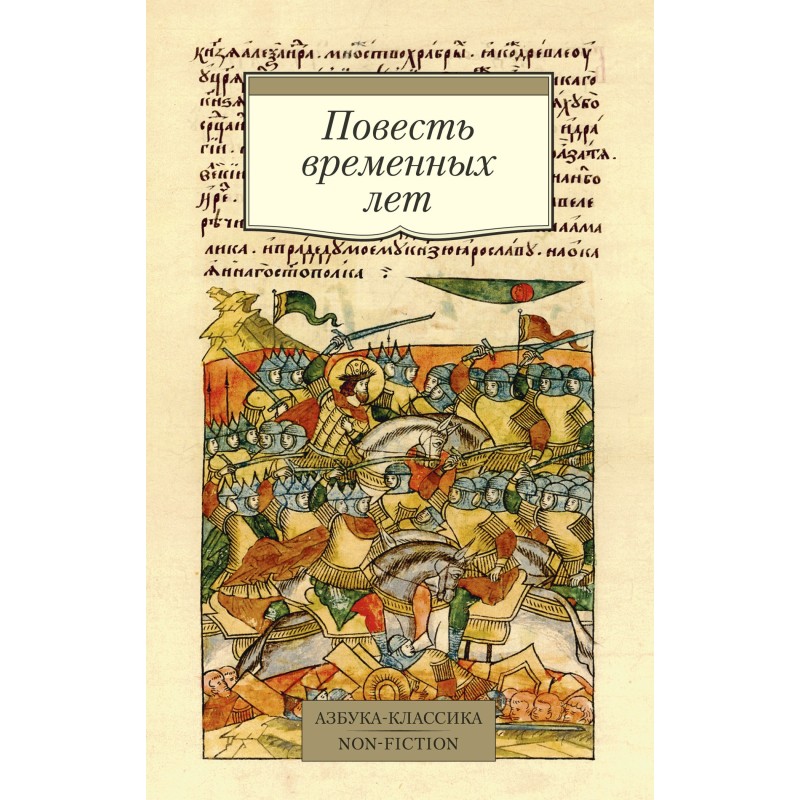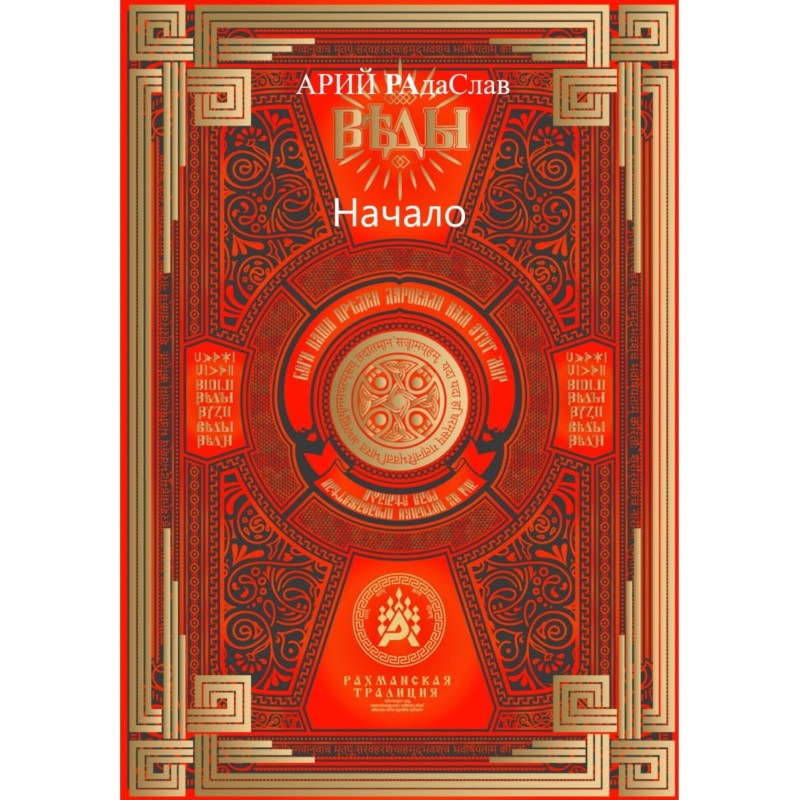Byzantine prototype of the oldest Slavic book
 Instant download
Instant download
after payment (24/7)
 Wide range of formats
Wide range of formats
(for all gadgets)
 Full book
Full book
(including for Apple and Android)
Studying the history of cultural relationships involves elucidating specific ways of dissemination, translation and borrowing of monuments of medieval literature. It is this aspect that is chosen in the proposed work, prepared during many years of development of the topic “Byzantium - Slavs - Rus': a meeting of civilizations” in its most diverse aspects. The study is devoted to the search, analysis and reconstruction of the history of the Byzantine prototype of one of the oldest Slavic books - the Izbornik, which has come down to us in the form of the Izbornik of Svyatoslav in 1073. The main attention is paid to both the study of the manuscripts of the text of interest in this regard, and the problems of chronology, textual criticism and the evolution of the content of the analyzed monuments in a changing socio-cultural and ethno-confessional context. The collection of 1073 is the oldest ancient Russian collection that has come down to us, copied from the Bulgarian original. The praise that opens the Izbornik contains the name of the customer - it is called “Grand Prince Svyatoslav.” The same praise is read at the end of the book (fol. 263-264), however in this case the name of the scribe, as well as the name and title of the customer, are written according to the erased text. Some researchers believe that I. was rewritten by order of the Grand Duke of Kyiv Izyaslav Yaroslavich, and after his expulsion from Kyiv it was rewritten to Svyatoslav Yaroslavich, who became the Grand Duke in 1073.
Contents: Preface 7
INTRODUCTION The collection of Svyatoslav of 1073 and its Byzantine prototypes, results and objectives of the study (Historiographic review) 11
PART ONE Greek manuscripts Questions and answers Anastasia Sinaita (in various editions)Chapter 1. Greek copies of the prototype Izbornik Svyatoslav 1073 43Chapter 2. Florilegium of Pseudo-Anastasius in the Greek manuscript tradition 103Chapter 3. Fragments of the pseudo-Anastasius florilegion in the Greek manuscript tradition of the 11th-18th centuries. 211
PART TWO Florilegium of Pseudo-Anastasia and Izbornik of Svyatoslav 1073Chapter 4. Comparative analysis of the composition of the Izbornik of Svyatoslav of 1073 and its Byzantine analogues 246Chapter 5. Textual analysis of the Greek copies of the prototype Izbornik of Svyatoslav 268Chapter 6. From the answers Anastasia Sinaita - to the Izbornik (On the dating of the Greek prototype of the Izbornik of Svyatoslav) 297
Ways of distribution of the florilegium and its translations: Latin and other versions of the Byzantine prototype of the Izbornik (Instead of the conclusion) 334 Bibliography 342
Data sheet
- Name of the Author
- Михаил Бибиков Вадимович
- Language
- Russian

















